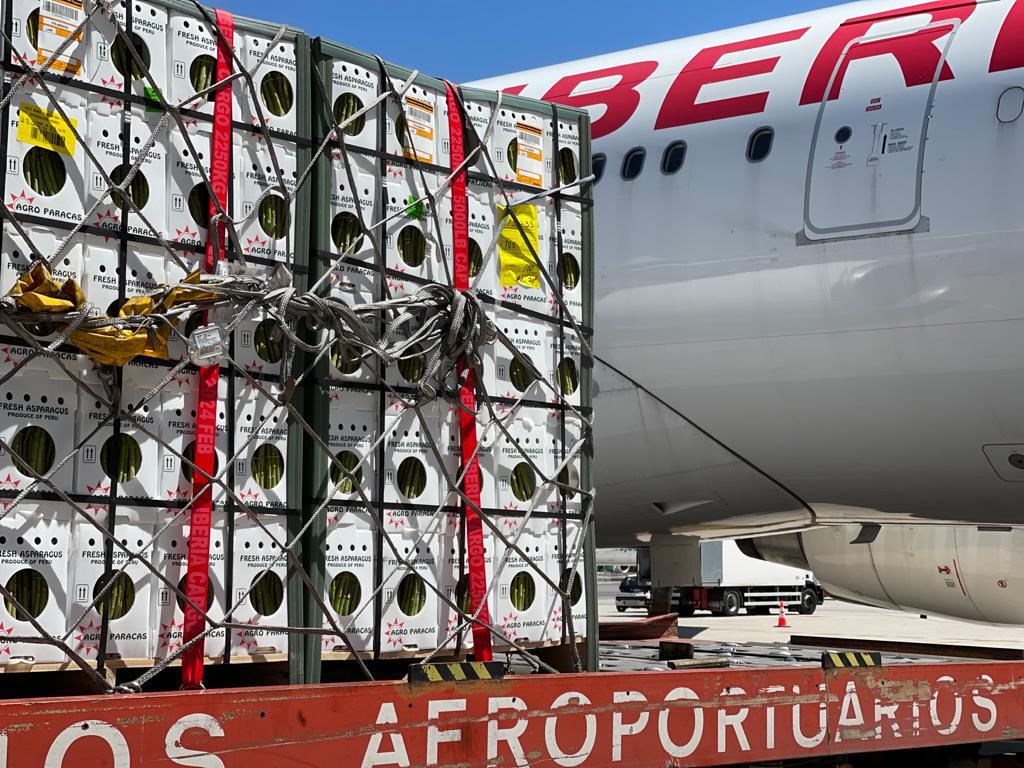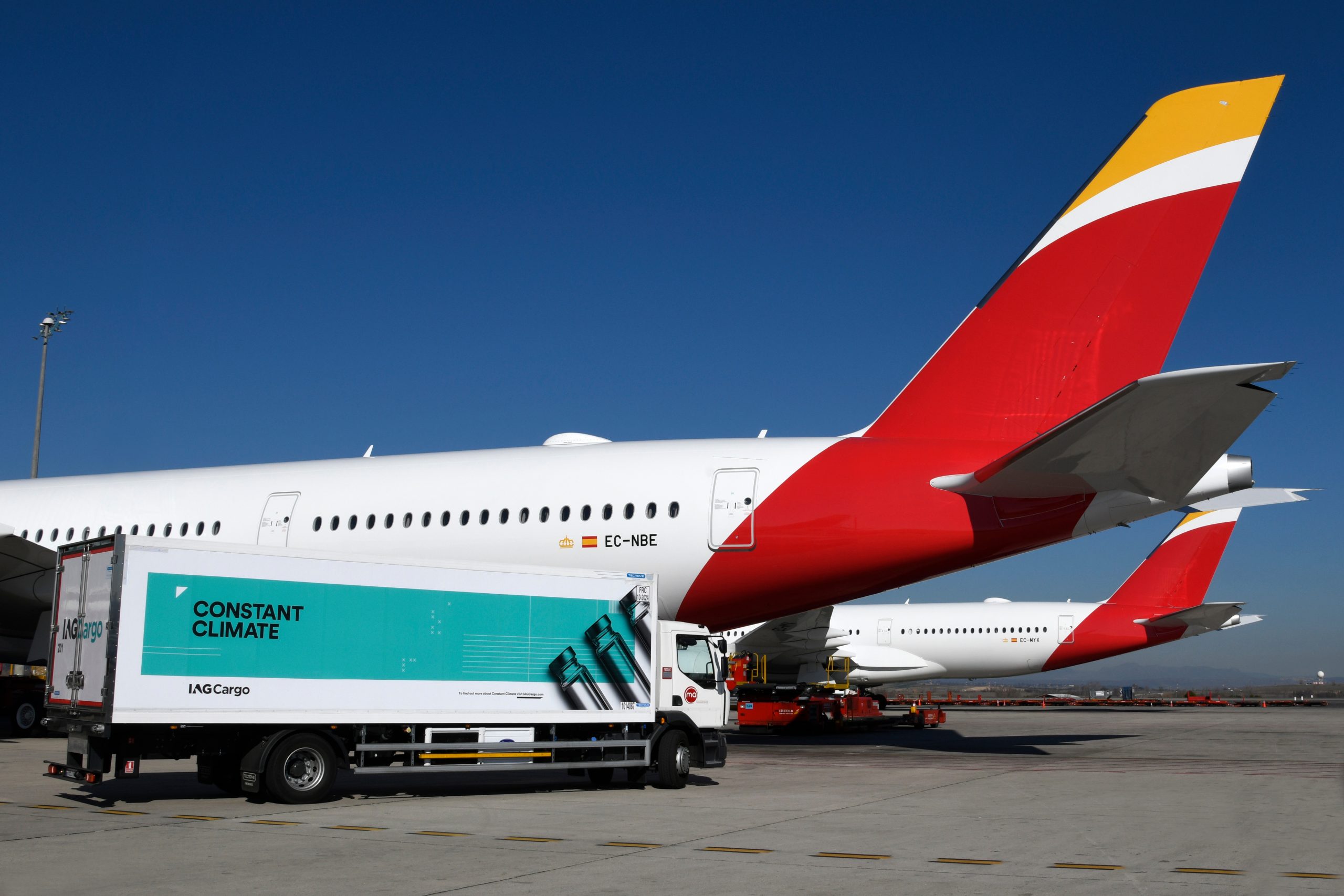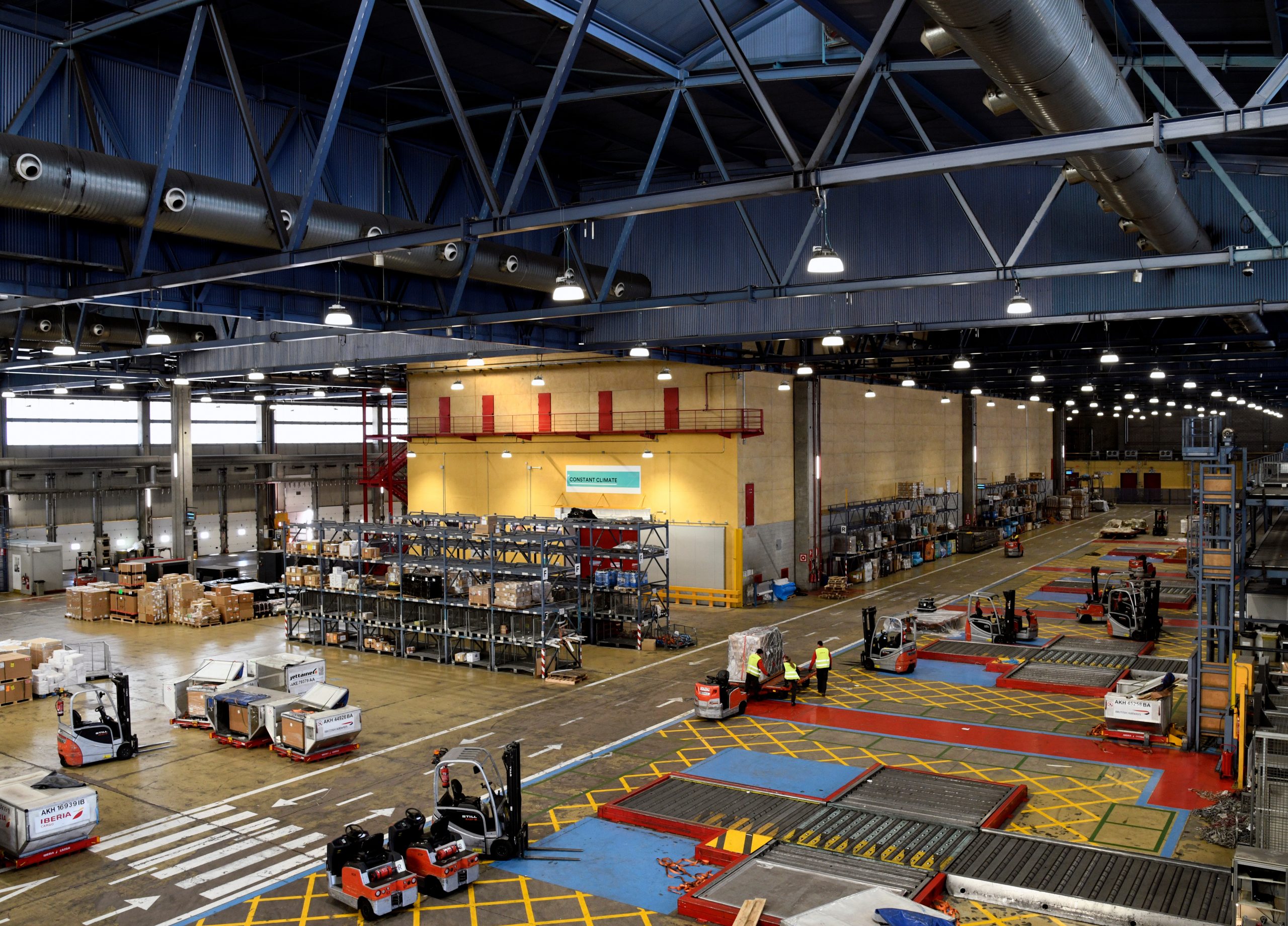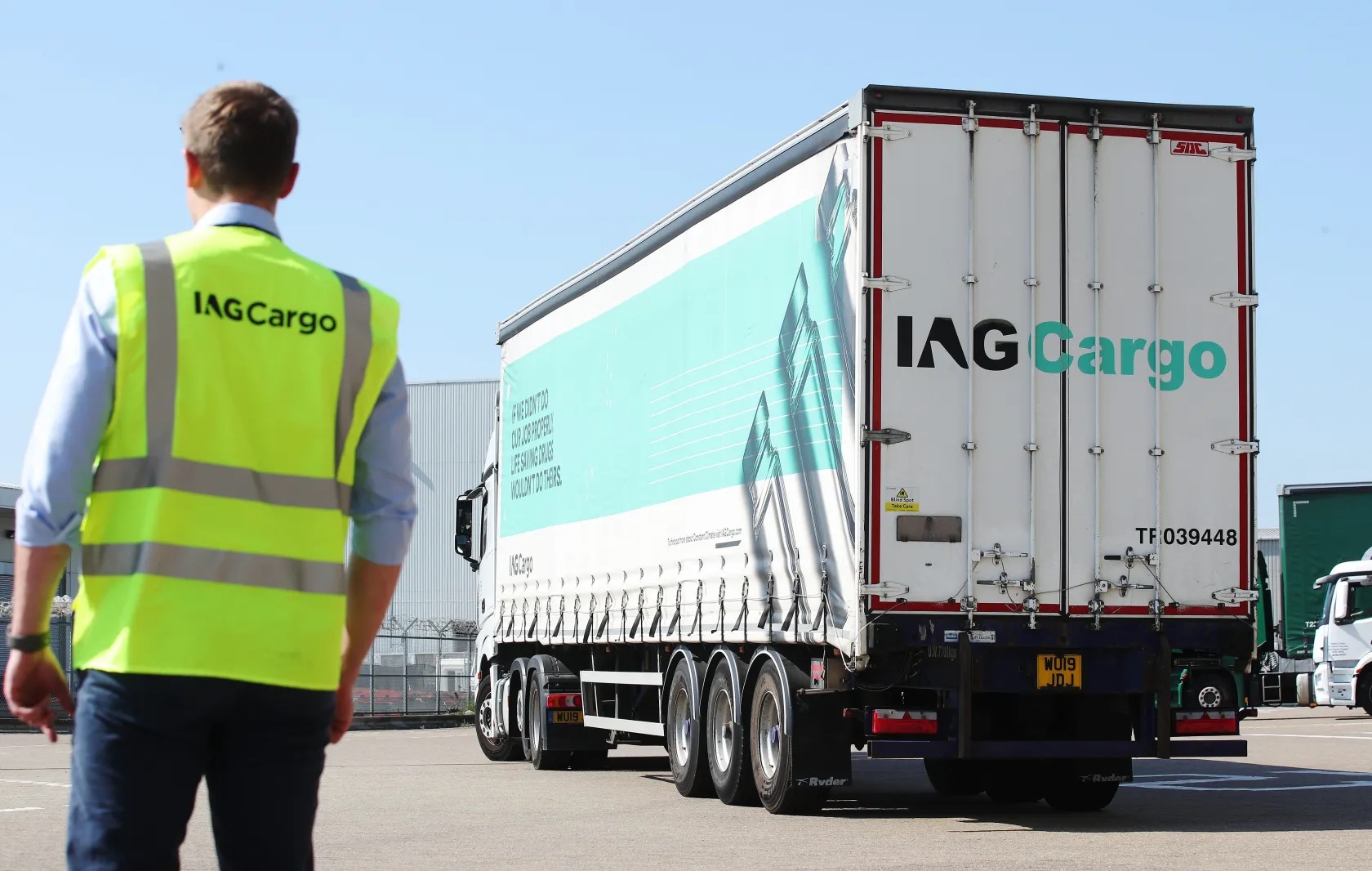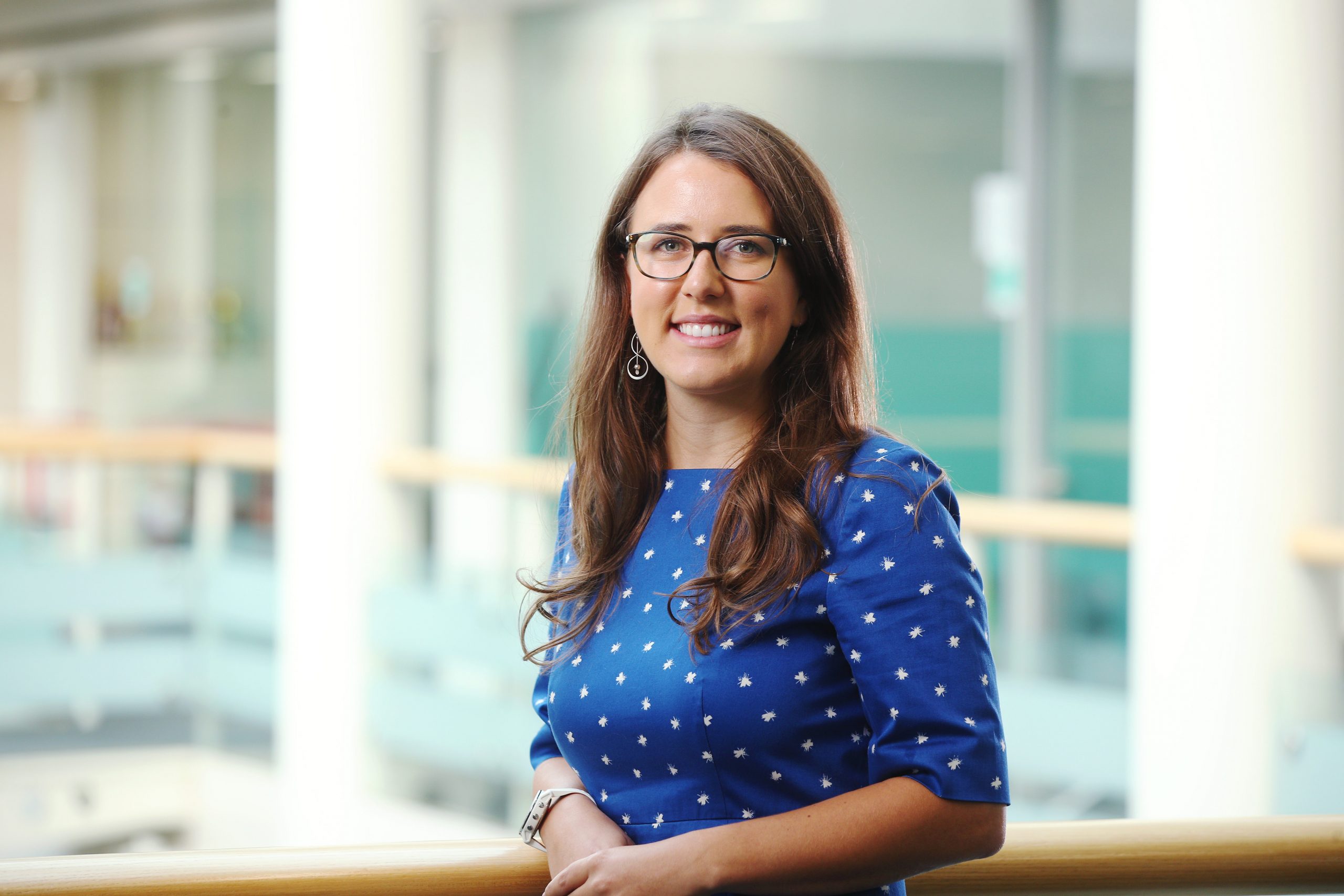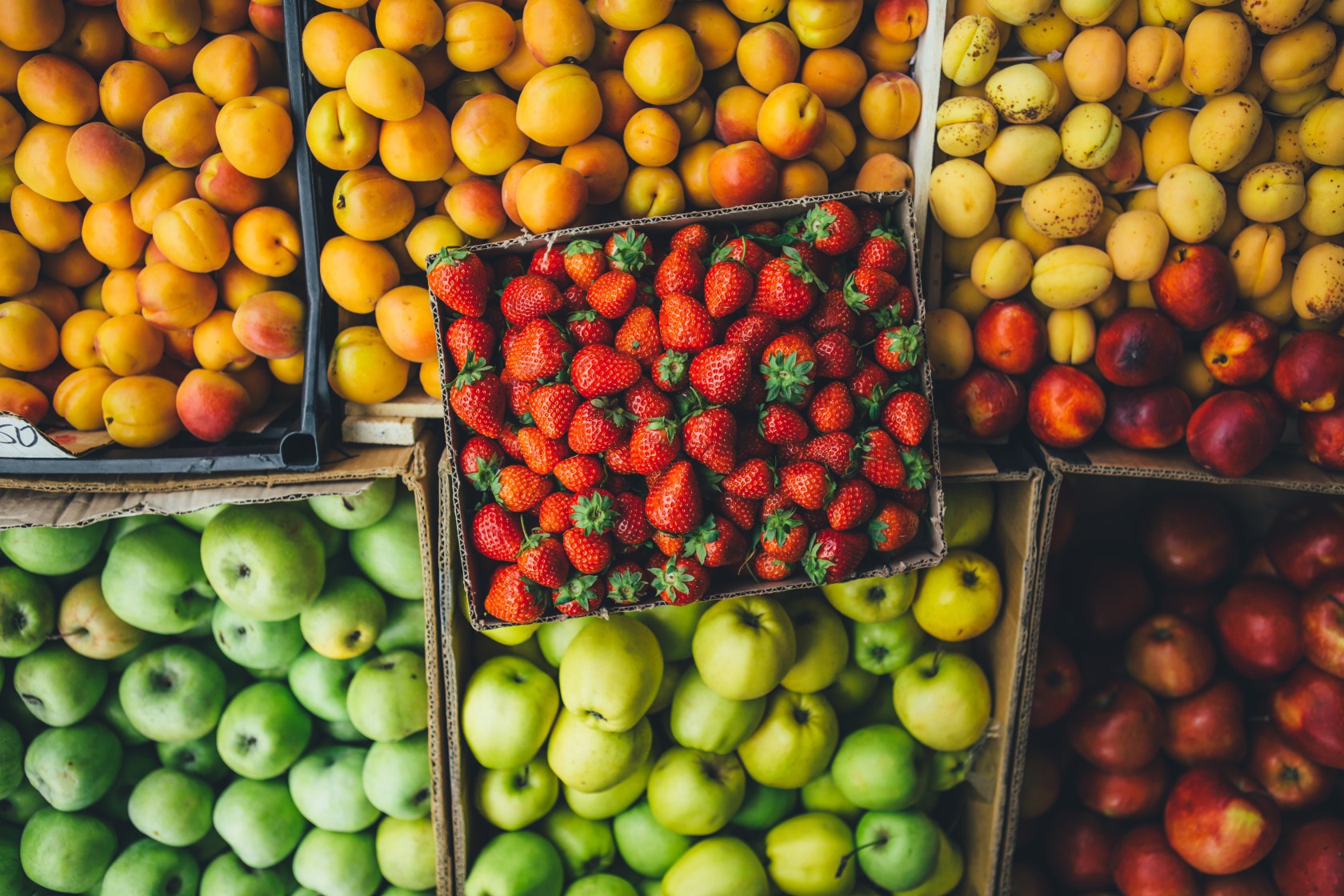Interview with Naomi Robinson, Head of Business Management and Planning at IAG Cargo
1- What is your logistics and storage capacity? And what market share do you hold?
Naomi Robinson: “With our world-class specialist hubs, many years of experience in transporting cargo all over the world and access to an extensive fleet – today we are one of the largest cargo carriers in the world.
We have three main hubs. At London Heathrow, we handle over 500,000 tons of cargo every year, and at Madrid Barajas, we handle over 250,000 tons of cargo annually – this is our key connection with Latin America. We also operate over 120 weekly connections between Spain and the USA, with flights departing twice a day to New York and Miami from Madrid. Our Dublin hub directly connects to over 10 destinations in the USA and Canada.
Our hubs in London and Madrid are home to our purpose-built Constant Climate Centres for the transportation of pharmaceutical and life science products. This enabled us to move over 25 million Covid-19 vaccinations. We also have specialised facilities for our Constant Fresh services, which allow us to transport perishables that must be kept at a low temperature.”
“We support some of the world’s largest growers by delivering perishable produce in pristine condition”
2- What storage capacities and volumes do you have for fresh products?
N.R: IAG Cargo plays a key role in transporting temperature-sensitive fresh produce at speed. We offer customers a specialised service for moving perishables, called “Constant Fresh”. This was designed to optimise the shelf life of perishables using aircraft hold temperature settings, which are monitored throughout flights. Our London and Madrid hubs have dedicated perishable handling and airside facilities, including refrigerated trucks used to exclusively transport perishable goods between aircraft holds and the perishable-handling centres.
We support some of the world’s largest growers and retailers by delivering perishable produce in pristine condition. Our expansive network provides the opportunity to move perishables worldwide, from transporting fresh asparagus during the asparagus season from Los Angeles to Madrid. to moving fresh fish, fruit and flowers from Africa into London.
3- What share do you allocate to the different perishable items (agricultural products, flowers, medical, meat, fish…) and what growth have you recorded?
N.R: IAG Cargo’s Constant Fresh service for perishable shipments saw exceptional growth in Q1 2022, with revenues growing 47 percent versus the same period in 2021. Latin American perishable exports have grown over the years, and we currently have over 300 flights per week between Europe, the UK and Latin America, including routes into Ecuador, Sao Paolo, Mexico City and San Juan. Last year, we announced a new route between Madrid and Guayaquil to support customers looking for a direct route to transport varied fresh produce to the Netherlands and Spain – two key European markets for Ecuadorian export goods, such as flowers.
Additionally, we support the flows of fish out of Chile and Argentina, predominantly hake, or “merluza”, as it’s known in Spanish, as well as fresh salmon, which we transport into Europe, Israel and Asia. We also move beef out of Argentina and Uruguay, asparagus out of Peru, papaya and mango out of Brazil, carnations and roses out of Colombia and tropical fruit out of Mexico.
Seasonal events also influence the types of perishables that are transported; for example, this year, we moved 500 tons of flowers across the world in the run-up to Valentine’s Day utilising cold chain management via our Constant Fresh service.
4- Do you have any international developments in other markets or transport operations abroad?
N.R: We recently restarted daily cargo-only flights from London Heathrow to Bangkok. These routes are a vital part of our network, enabling customers to move perishables in high demand from the Far East to European destinations and vice versa. For example, we have been moving mangosteen from the region to London and orchids to the Caribbean.
5- What specific strategies and solutions do you have in place for fresh products for e-commerce and supermarkets?
N.R: When it comes to transporting perishables – air cargo will continue to play a vital role, ensuring products arrive on supermarket shelves in the same condition as harvest. We have an expansive network, which offers direct routes out of key markets. This enables freight forwarders to offer customers the ability to move their produce all over the world. We adapt our services to market conditions. For example, we recently restarted cargo-only flying to Bangkok and Hong Kong. In the pandemic, we introduced a charter service to keep up with consumer demand experienced by our freight forwarder customers to ensure consumers around the world could still eat well and take joy in their food during the difficulties of lockdowns.


